Mateus DOC I
The first Mateus DOC seminar took place from the 5th to the 7th of November 2010 and was organized around four sessions in which different approaches to the proposed theme were discussed: "Adaptation".
To download the PDF file of the Mateus DOC book, click on the following link: Mateus DOC I
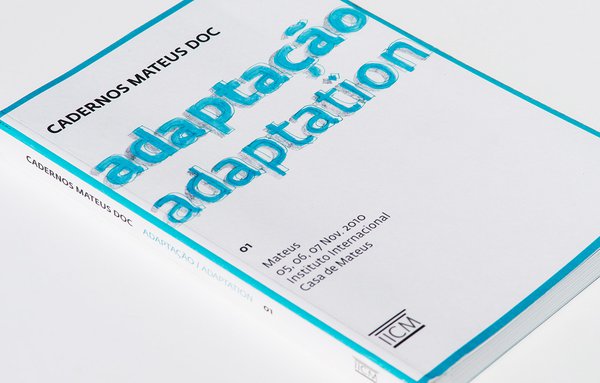
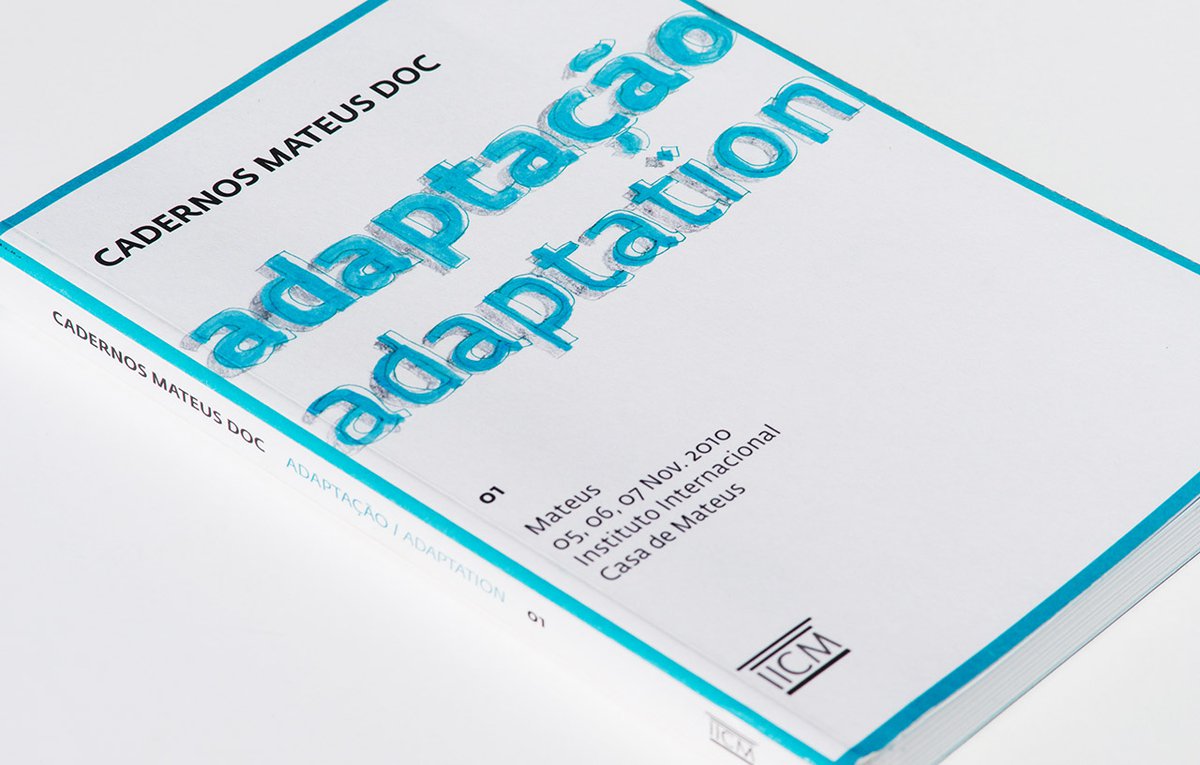
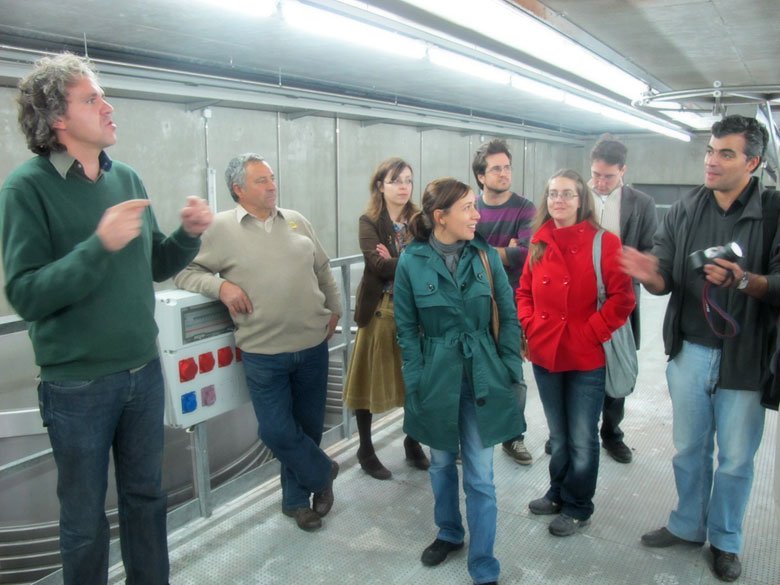
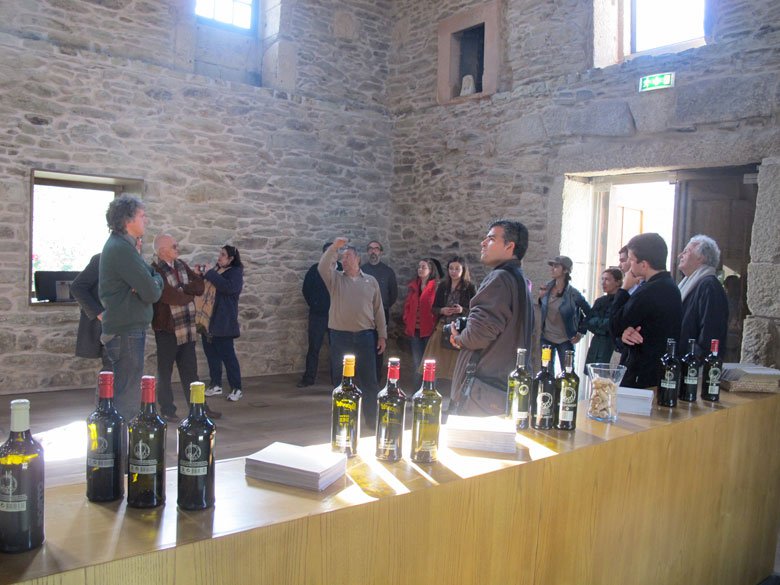
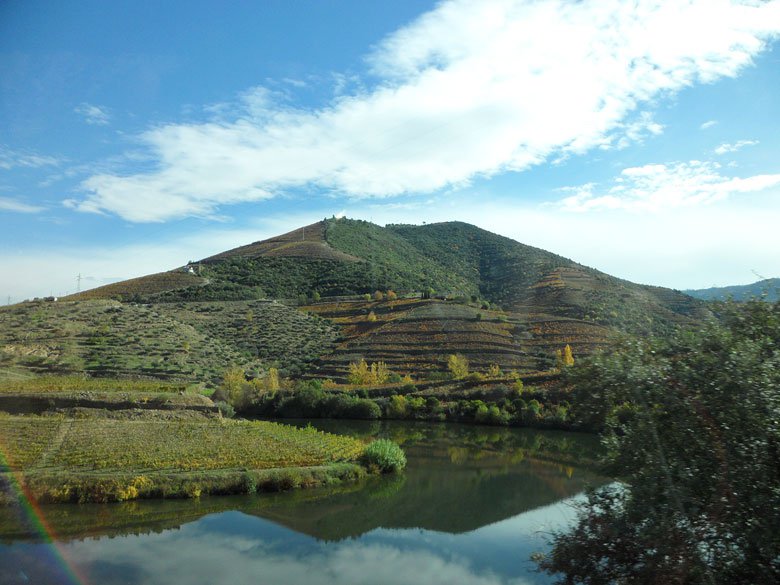
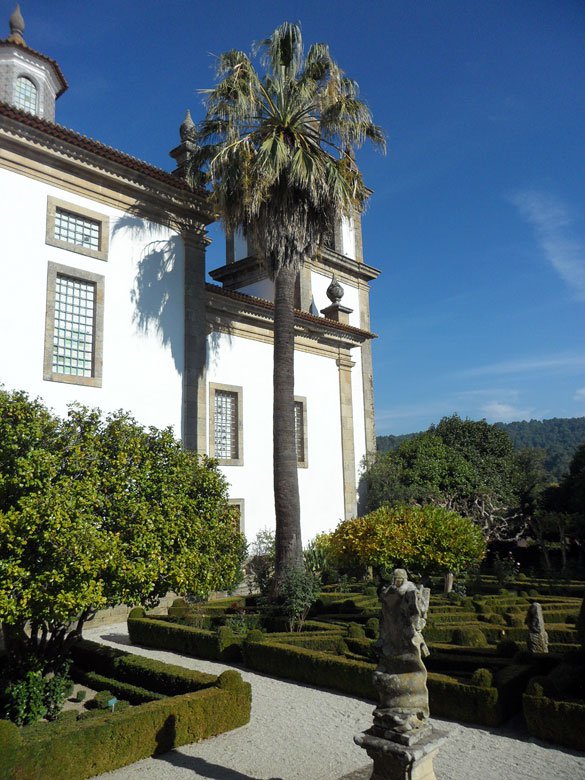
Session n.1 – Adaptation: natural or cultural imperative?
by Mathieu Richard and Nuno Amado
A temptation to escape to the human condition limitations (húbris) takes humans to overcome and shape the world to its image using tools available. If art allows transcending this individual quest in creation and attaining the sublime, when transposed on a large scale into nature, the purpose of "adapting" the world to the powerful man inevitably confronts the limits and risks of the pretension of absolute control.
Session n.2 – How does adaptation work in today's social and political systems?
by Luís Barroso and Daniela Fonseca
Globalization has profound impacts that lead to a loss of autonomy of nation-states and force a general repositioning of civic movements, in particular trade unions. In Europe, the EU is expanding its internal political influence while increasingly itself as an intermediary entity between the countries of the Union and the world. Two trends that force the adaptation of current social and political systems.
Session.3 – Does adaption make sense in social systems?
by Gonçalo de Almeida Ribeiro and Esser Jorge Silva
If in nature necessity determines the rules, in society man can define his existence conditions, in this context the idea of adaptation appears as a deviation from the norm that can be established to achieve the common good. At the same time the anxiety inherent in the human condition leads to a permanent rush to overcome a constant sense of dissatisfaction. Man appears as a being divided between the ability to create utopias and the difficulty in living them.
Session n.4 – Rupture or continuity, in adaptation?
by Ricardo Branco and Ana Martins
As DNA accumulates information that goes back to the beginnings of life, ideas are chained throughout history in a matrix formed by recognized establishments or by evolutionary leaps. In both cases the complexity of the phenomena contains a noisy element, a random charge, which may undermine the concept of adaptation.
Highlighted Articles:
Session 1
Mathieu Richard – Science and Nature
Session 2
Luís Barroso – Adaptation and the new administrative state of the European Union
Session 3
Gonçalo Almeida Ribeiro – Reason for the concept of adaptation to be harmful to social thought
Session 4
Ricardo Branco – Adaptation


